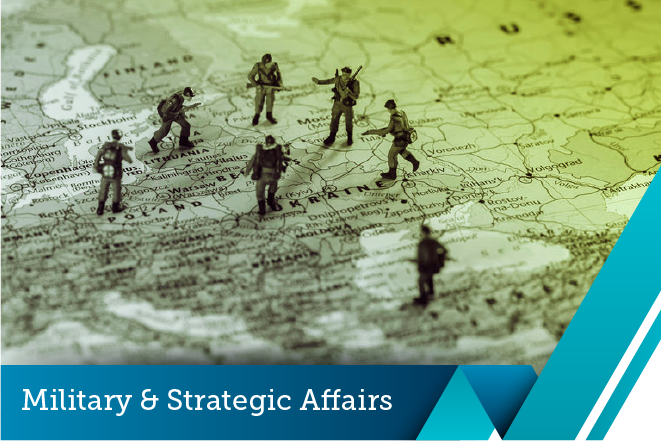Publications
Military and Strategic Affairs, Volume 3, No. 1, May 2011

Israel’s military engagement with Hizbollah in the summer of 2006 has been called by many different names and monikers, including, of course, the Second Lebanon War, which was adopted by Israel as the official name of the war. Some commentators on Arab television stations called it the sixth Arab-Israeli round. In truth, however, most of the Arab world, at least its leaders and important segments of its ruling elites, supported Israel, and more precisely, stood aside with the expectation, which ultimately was not met, that Israel would defeat Hizbollah. Hence this was not another round in the battles between Israel and the Arabs, a direct continuation of the bloody conflict of over one hundred years between the Zionist movement and the Arab national movement, and between Israel and the Arab states and the Palestinians. Rather, it seems more accurate to call this war – as in fact, several commentators proposed during the course of the fighting – the First Israel-Iran War. Latent in this term was the sense that Iran had succeeded in establishing its presence on the Mediterranean coast, and that for the first time this presence sparked an all-out war in which an organization, inspired by Iran and armed with Iranian weapons, fought against Israel.


